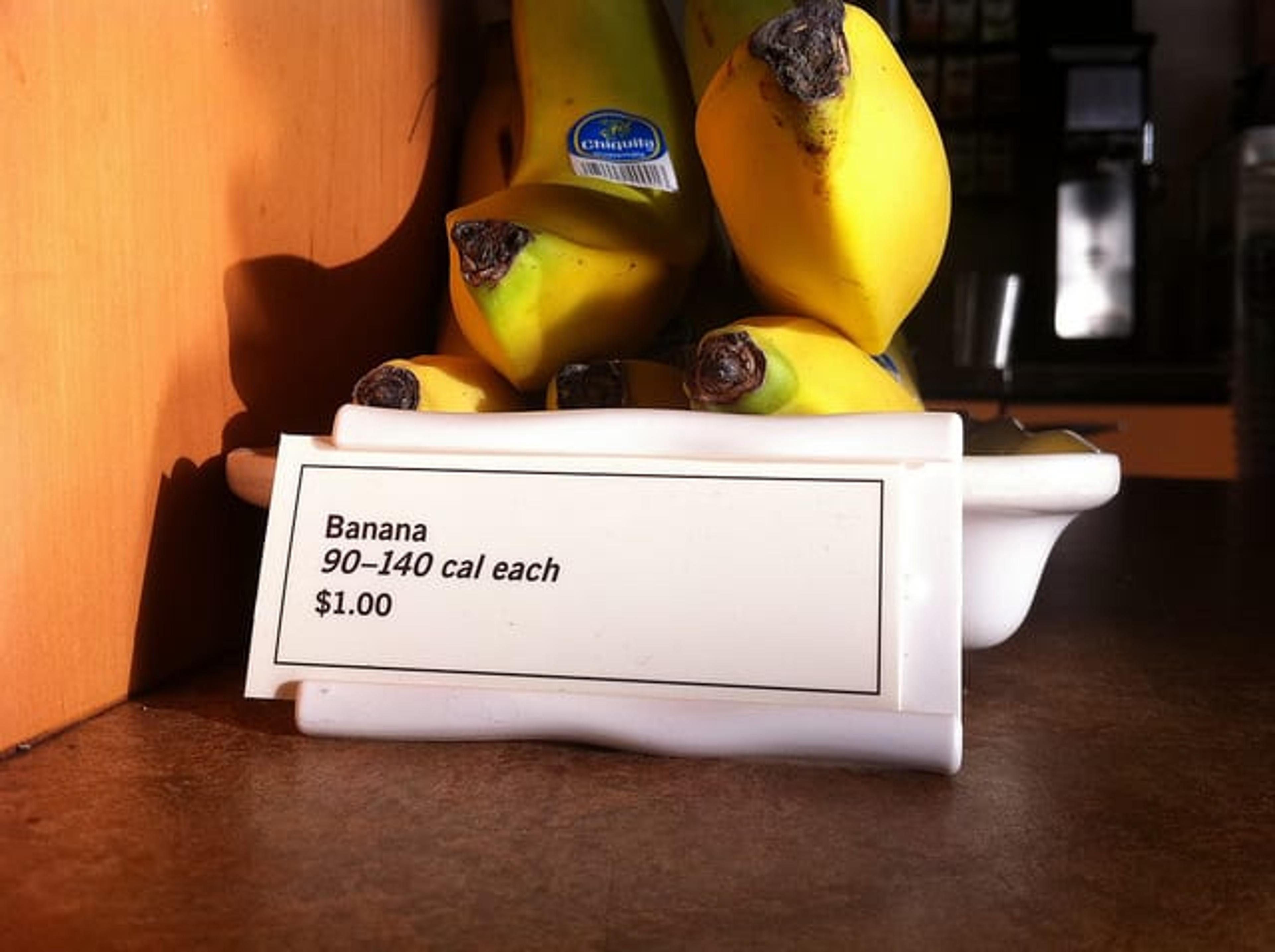Ditch the calorie calculator and shed weight without the stress
| 3 min read

One of the most common ways to lose weight is to pay close attention to the calories you take in through eating versus how many you burn through exercising. This makes sense: Burning more than you consume is the key to dropping pounds. So it’s not surprising that counting calories has become the method of choice for many attempting to see a better number on the scale. However, that may not actually be the best way to achieve your weight-loss goals.
For starters, accurately counting calories is no easy task. The International Food Information Council reports that while 67 percent of Americans say they consider calories when buying food, nine of 10 don’t actually know how many calories they need in a day (roughly 2,200 for women and 2,600 for men between the ages of 19 and 30). Also, calorie counts on labels can be wrong by up to 20 percent and the calorie-burn estimates you see on exercise equipment can also be way off. On top of that, counting calories can introduce unneeded stress into your day – you have enough to worry about, and mealtime should be a time to relax.
Fortunately, there are a few alternatives to counting calories that can still help you achieve your weight loss goals:
- Measure your hunger level. Ever cracked open the fridge, even when you’re not hungry? Eating out of boredom could derail your healthy routine, so before you take a bite, measure your hunger. Simply creating a rating scale to measure how physically hungry you actually are and only eating when you reach the top of the scale can help keep you on track. If you aren’t hungry but want to eat something, try low-calorie water-dense foods like celery or an orange.
- Be mindful of portion size. Research shows that people tend to eat up to 45 percent more when meals are served in larger portions, like at restaurants. Creating a balanced meal that takes portion size into account can help you cut back on calories without the stress of actually counting them.
- Choose the right calories. Not all calories are worth counting. “Empty calories,” the ones you’d want to keep count of, come from foods high in fats and sugars like ice cream and chips and can be detrimental for your health. However, proactively including “good calories” like whole grains, veggies and fruits can help regulate energy and provide essential vitamins and nutrients. If you absolutely want to count calories, only count the ones that come from unhealthy foods and give yourself a limit every day (say 500 calories from those items).
This blog post is part of #HealthyMe, a personalized web experience based on your health and wellness goals. To sign up today, visit https://www.ahealthiermichigan.org/healthyme.
Photo credit: Jason Tester Guerrilla Futures





